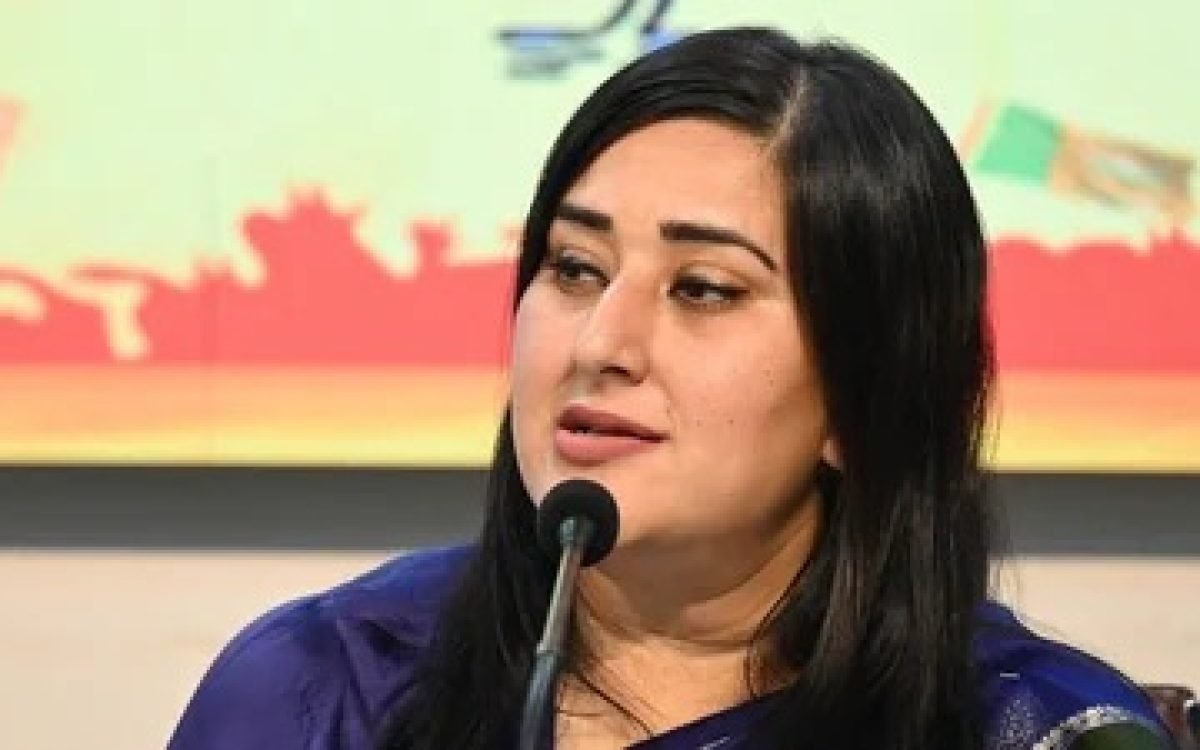The recent summoning of Delhi Chief Minister Arvind Kejriwal by the Enforcement Directorate (ED) in a second money laundering case has sparked a heated exchange between the Bharatiya Janata Party (BJP) and the Aam Aadmi Party (AAP). This development, which comes on the heels of alleged irregularities in the Delhi Jal Board (DJB) and the now-scrapped Delhi excise policy case, has reignited debates around accountability and transparency in governance.
BJP leader Bansuri Swaraj’s scathing remarks accusing Kejriwal of repeatedly disregarding ED summons have amplified the political tension. Swaraj, who is also contesting the Lok Sabha elections from the New Delhi seat, held Kejriwal accountable for the Delhi excise policy case, stressing the importance of respecting legal procedures.
Swaraj’s statements reflect broader concerns within the BJP regarding ethical conduct in public service and the need for accountability, particularly from elected officials. By highlighting Kejriwal’s educational background and the qualifications of his cabinet, Swaraj underscored the expectation of integrity and responsible governance.
On the other hand, AAP has defended Kejriwal, emphasizing his commitment to transparency and integrity. AAP spokespersons have refuted allegations of corruption and portrayed the ED summoning as politically motivated. They argue that Kejriwal and his government have cooperated with investigative agencies and have nothing to hide.
The unfolding political drama underscores the complexities of governance and the challenges of navigating legal processes in a highly polarized political environment. As the investigation progresses, the spotlight remains on Kejriwal and the AAP, with questions surrounding the integrity of their administration and the credibility of their anti-corruption stance.
Ultimately, the controversy surrounding the ED summoning reflects deeper fissures within Indian politics, highlighting the ongoing struggle between competing narratives of accountability, transparency, and political opportunism. As the situation evolves, the public remains vigilant, demanding accountability from their elected representatives and seeking clarity amidst the cacophony of political rhetoric.









